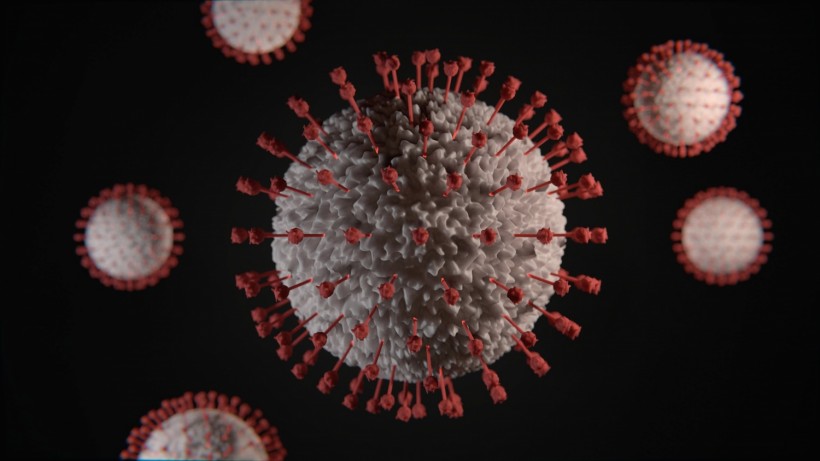
(Photo : Viktor Forgacs on Unsplash)
Our health, notably our respiratory system, has suffered greatly due to the COVID-19 epidemic, which has affected millions of individuals on the planet. Some people who contract the virus recover from it in a matter of weeks, while others continue to exhibit symptoms long after being given the all-clear.
One of the most typical post-COVID respiratory symptoms is shortness of breath, which can significantly reduce a person's quality of life.
This article will address the causes of shortness of breath after COVID-19, how to manage it, and what you can do to protect your lung health after recovery.
What Causes Shortness of Breath After COVID-19?
Shortness of breath following COVID-19 is caused by the virus's harm to the respiratory system. Acute respiratory distress syndrome (ARDS), which can result in lung failure, can be caused by the virus in extreme cases.
Even in moderate cases, the virus can inflame and harm the alveoli, which are tiny air sacs in the lungs that transfer oxygen and carbon dioxide. Even after the infection has been treated, this damage may still cause breathing difficulties and other respiratory problems.
Coping with Shortness of Breath After COVID-19
Following COVID-19, taking action is critical to control your symptoms and support the health of your lungs. The following advice can help you manage your shortness of breath post your bout with Covid-19.
Breathing exercises: Simple breathing exercises can help you breathe easier and have better lung function. Deep breathing, lip-pursing, and diaphragmatic breathing are a few techniques.
Physical activity: Regular exercise can help increase lung capacity and decrease shortness of breath. To raise your physical activity intensity, you should start off slowly and do so gradually.
Healthy diet: You can improve your lung health by eating a balanced diet. A diet rich in all the essential vitamins and nutrients can go a long way in alleviating shortness of breath. But it should be combined with regular exercise.
Avoid triggers: Avoid stimuli that could exacerbate your symptoms if you experience breathlessness following COVID-19. Air pollution, tobacco smoke, and powerful scents are a few examples of triggers.
Medication: Your doctor could recommend medication if your shortness of breath is severe to help you control your symptoms. Oxygen treatment, corticosteroids, and bronchodilators are a few examples of medications used to treat shortness of breath.
Supporting Lung Health After COVID-19
As COVID-19 can harm the respiratory system, it's critical to take action to protect lung health after recovering from the infection. Following COVID-19, consider the following advice for supporting lung health:
Quit smoking: Smoking harms the lungs and can hinder their ability to recover from respiratory illnesses. If you smoke, think about giving up or getting support.
Keep an eye on your symptoms: Any persisting symptoms, such as wheezing, coughing, or shortness of breath, should be closely monitored. Seek medical help if any of your symptoms worsen or continue to bother you.
Follow up with your healthcare provider: Visit your doctor again after getting over COVID-19 to monitor your lung health and ensure any remaining symptoms are treated correctly.
Conclusion
In conclusion, after recovering from COVID-19, implementing measures to support lung health can aid in avoiding long-term respiratory issues and enhance the overall quality of life. You can help your lungs heal and recover by exercising frequently, quitting smoking, eating a nutritious diet, getting enough sleep, monitoring your symptoms, and following up with your healthcare practitioner.
* This is a contributed article and this content does not necessarily represent the views of hngn.com








